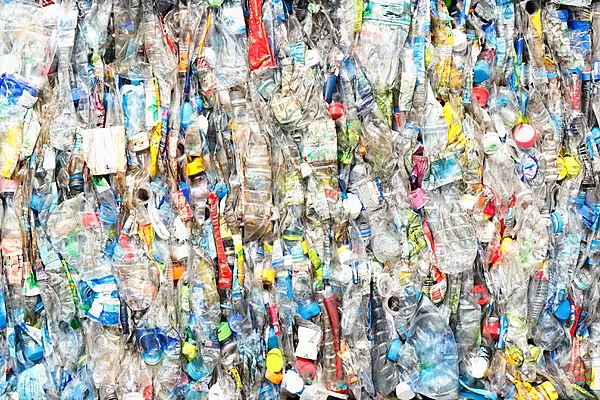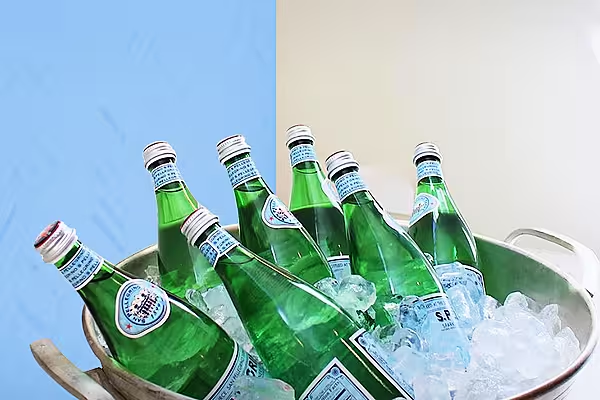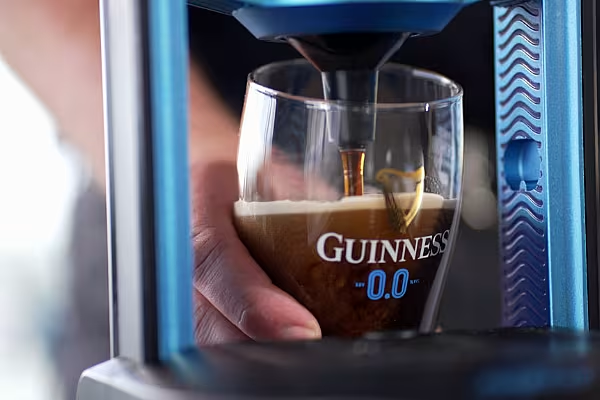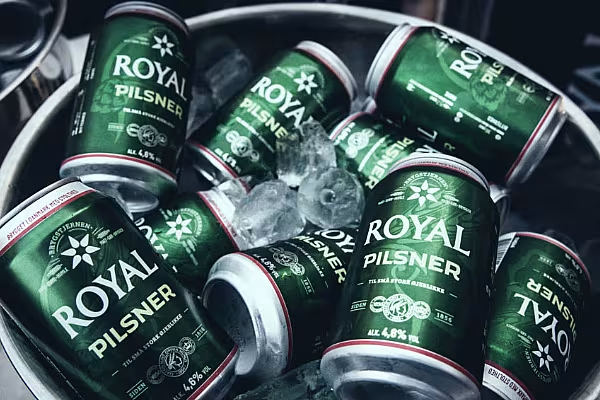Carlsberg, the world’s fourth-biggest brewer, cut forecasts for earnings because demand in Russia will shrink more than anticipated as political turmoil weighs on the company’s biggest market.
Operating profit and net income adjusted for one-time items will rise by low single-digit percentages this year, slower than the mid-single-digit gains foreseen earlier, the Copenhagen-based company said in a statement today.
Industrywide demand in Russia, where Carlsberg is the largest brewer, will shrink by a mid-single-digit amount.
Household spending in Russia is being squeezed as inflation accelerates amid a drop in the ruble prompted by the government’s conflict with Ukraine. Carlsberg was already expanding elsewhere, especially in Asia, as growth in Russia was hampered by tighter rules to curb drinking. Beer volume on an organic basis fell in eastern Europe in the first quarter as well as in Asia, where the company posted an increase last year.
“I get no better feeling in the stomach about the development anywhere at Carlsberg,” and “I’m struggling to find any reason to buy, even if it’s cheap,” Michael Friis Jorgensen, an analyst at Alm. Brand A/S with a neutral recommendation on the stock, said by phone. “What really comes out a bit weak is Asia, and that is not a good sign.”
Stock Drops
Carlsberg fell as much as 3.1%, the steepest intraday drop since March 3, and was trading down 0.8% at 530 kroner as of 10:24 am in Copenhagen. The stock has declined 12% this year, valuing the company at 81.9 billion kroner ($15.3 billion).
While business in Ukraine has been operating with only limited disruption amid the conflict, the regional dispute is the reason for the lower Russian industry-volume forecast, Chief Executive Officer Joergen Buhl Rasmussen told analysts on a conference call. “We see uncertainties in the Russian economy and are more pessimistic on market development.”
First-quarter earnings before interest and taxes, and excluding some one-time gains or costs, fell 28% to 453 million kroner, Carlsberg said. Sales rose 1.5% to 12.9 billion kroner as acquisitions helped offset the effects of currency shifts in Russia, Ukraine, Norway, Malaysia and Indonesia. The adjusted net loss was 50 million kroner compared with year-earlier profit on that basis of 95 million kroner.
Industry Revenue
Carlsberg stuck to a forecast for “healthy” beer-industry revenue growth in Russia for this year. The company also reiterated a prediction that group organic operating profit, which excludes acquisitions and disposals, will rise by a “high single-digit” figure.
The maker of Tuborg beer is also expanding in Asia to seek relief from Europe, where slow economic growth and unemployment rates near record highs are weighing on consumer spending. Beer volume declined organically by 5% in Asia in the first quarter, compared with a 10% increase in final three months of 2013 and a 6% gain for all of last year. Western European volume rose 3% while dropping 7% in eastern Europe.
Bloomberg














